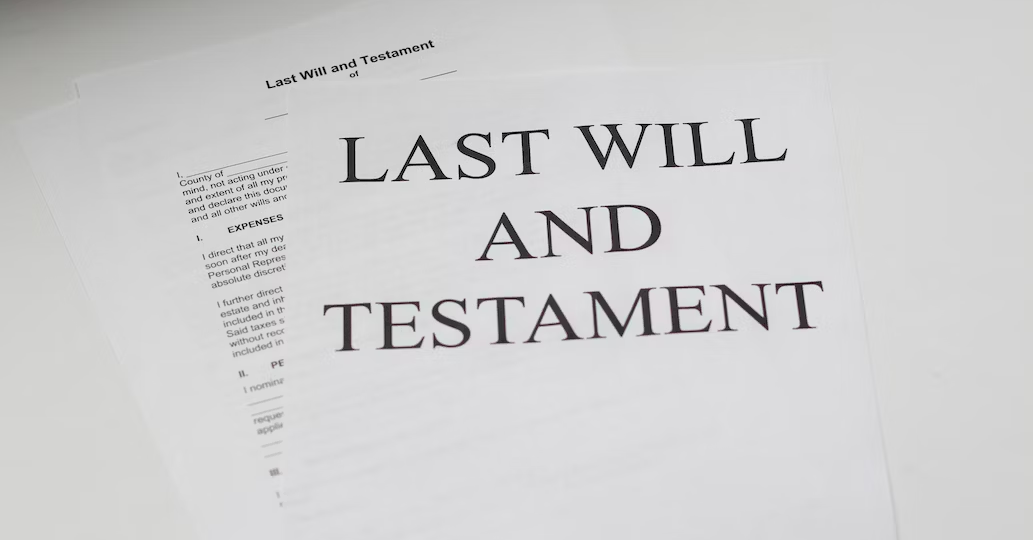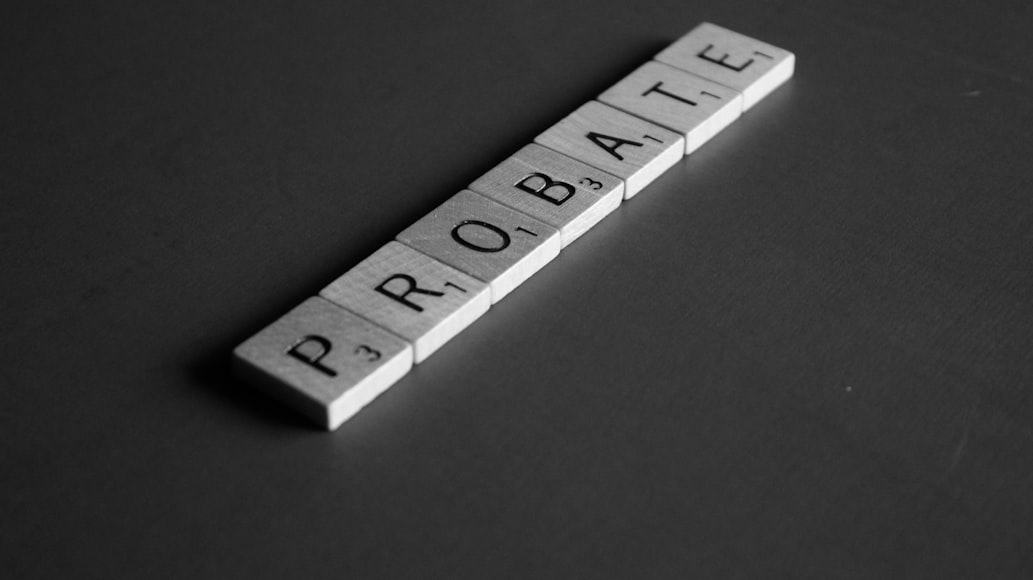
In Canada, the probate process is an essential part of the estate division among the beneficiaries. The estate administrator or executor submits the will along with the list of beneficiaries, assets, and liabilities to the court. The court ensures that the will is valid before ending the probate process and asks the estate executor to divide the assets of the deceased. Additionally, the court ensures that the will wasn’t signed, updated, or drafted under any external threat or influence. The probate court also checks all the assets listed in the will to make sure that the deceased had sole ownership. The process allows the estate division to be legally-authorized and fair.
However, the court can only check the validity of the will if it exists in the first place. If a person’s will is nowhere to be found or they didn’t create a will before dying, the court has to intervene and handle estate division on the deceased person’s behalf. Recent surveys showed that estate planning is still considered a foreign concept in Canada as a large number of individuals don’t have a will. Around 44% of adults in Canada between the ages of 35 and 44 don’t have a will, while this number is around 77% for young adults between the age of 18 and 34. Additionally, only 49% of Canadians between the age of 45 and 54 have active wills. The survey also showed that around 34% of older people in Canada between the ages of 55 and 64 also don’t have wills. These numbers are enough to show that many people die without wills in Canada.
But what happens to your estate if you fail to draft or sign a will before passing away? This blog discusses what will happen if you die without a will in Canada.
What Exactly Happens If You Die Without a Will?
Even though dying without a will is a common occurrence, it can still come as a shock to your friends and family members. If you didn’t write a will or store it in a place where no one knows about your friends and family might not get their desired share in your estate. Additionally, the probate process gets more lengthy, costly, and expensive. The court distributes the estate according to probate and estate distribution laws, which takes more time than it takes in the presence of a will. Several beneficiaries might challenge the decisions or defend them, leading to many lawsuits, which might make probate even more lengthy and complicated to navigate.
Additionally, since the judges have no idea about the deceased’s relationship with their beneficiaries, they’ll just divide the assets based on the legal requirements, which might not match the deceased’s wishes. Your family and friends will also have limited ideas about how you want your funeral to happen, how you want various assets to be dealt with, and how you want your property to be distributed, increasing the time taken to do probate. It might take months or even years before the court appoints an executor and gives them the green signal to distribute the estate.
Who Executes the Estate If You Die Without a Will?
In most cases, when a person’s will exists, the executor is named in the will, and they submit the details to the probate court, wait for the process to end, reach out to the beneficiaries, administer the estate during the process, and wait for the court’s permission before distributing the assets. However, when the will doesn’t exist, the court has to appoint an executor. Any relative of the deceased can apply to the court and ask to be made the administrator.
But this administrator won’t have the authority to execute or distribute the estate among the beneficiaries until the probate process ends. If multiple family members reach out to the court and ask to be made executor, the court needs to hear all of their reasons before making a decision. Additionally, other relatives can also challenge the appointment of making a person the executor and administrator of the estate. The court ensures that all beneficiaries are on board before moving forward with the grant of approval.
What Happens to Your Children If You Don’t Have a Will?
If your will doesn’t exist when you pass away and you have minor dependent children, that can lead to a huge problem. Therefore, it’s always advisable for parents to create wills and name their children’s guardians. However, if no will or guardianship document is found, the court will decide on a guardian.
If children inherit their parents’ assets, in some provinces, the court will place them under a trust until the children reach their legal age, 18 or 19. However, the person that the court appoints as your children’s guardian might be someone that you don’t like or trust around your children, making it important for everyone to name their children’s guardian in the will.
How is Your Estate Distributed When You Die Without a Will?
If you die without a will, the court can distribute your assets based on provincial laws. In most cases, these laws are rigid, and everyone gets their legal share. The probate court rarely considers a beneficiary’s special circumstances before dividing the deceased’s assets. Here are some common laws for the distribution of assets in the Canadian province of Ontario. Even though other provinces follow different acts, the main structure of the estate division is similar.
- If you’re married and have a spouse but no children, your spouse gets all assets.
- If you have both a spouse and children, the first $200,000 will go to your spouse. The remaining assets or amount will be divided equally between the children and your spouse.
- If you don’t have a spouse but have children, the estate will be distributed equally between them. If any of your children have passed away but were married and have children, their share in the estate will be divided between their children or your grandchildren.
- If you don’t have a spouse or children, the entire estate will be divided equally between your parents. If only one of your parents is alive, they’ll get the entire estate.
- However, if both of your parents have passed away too, the estate will be divided among your siblings. If one of the siblings or all of them have passed, their share in the estate will be divided between their children or your nieces and nephews.
Why Is Dying Without a Will a Bad Idea?
Dying without a will can have long-term consequences on your beneficiaries. Here are some cons of dying without a will.
- The assets will not be distributed according to your wishes, meaning they might end up with someone you don’t like.
- The court only distributes the assets among your blood relatives or family members. Therefore, if you die without a will, nothing will be transferred to a friend or charity.
- Even though the probate process is also lengthywith a will, it takes more time if a will doesn’t exist. Your beneficiaries will have to deal with several legal complexities.
Don’t Die Without a Will — Hire a Wills and Estate Lawyer
Dying without a will is a bad idea for estate owners and their beneficiaries, making it essential for everyone to write their will and sign it before passing away. You should also update your will after every life-altering event to ensure that your will stays valid. Even though making a will might seem simple, you need to keep several factors in mind, making it essential to hire an experienced estate lawyer. At Nanda & Associate Lawyers, we have highly-experienced estate lawyers who can help you with everything from creating a will to defending it in court.
These estate lawyers ensure you don’t die without a will by drafting the paperwork on your behalf and helping you navigate the legal process. These estate lawyers also introduce you to other estate planning methods like creating trusts, appointing Power of Attorneys, and making Guardians for your children. Our estate planning services make drafting wills easier and quicker for Canadians. Besides having a team of wills and estate lawyers, Nanda & Associate Lawyers also has immigration lawyers who provide legal advice and representation to Canadian immigrants or people who want to start a new life and career in Canada.
We also have personal injury lawyers who represent injured people in compensation lawsuits. Our business lawyers are responsible for handling the legal aspects of operating companies. Additionally, we have commercial real estate lawyers in Ontario who help owners buy, sell, and lease commercial buildings. Our family lawyers help couples write prenuptial agreements or handle divorce or child custody issues.
Book a consultation session with our wills and estate lawyers,and make sure you draft a valid will in Canada.
Disclaimer: This article is only intended for educational purposes and shouldn’t be used as a substitute for legal advice.












